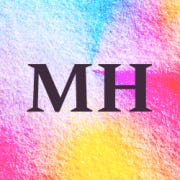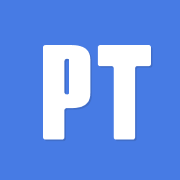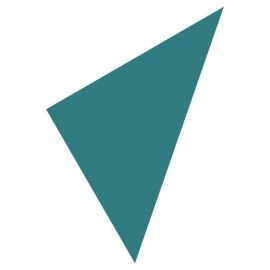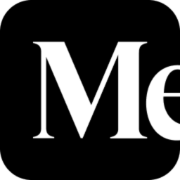This week's best things
Why artists matter to tech, the unexpected power of boredom, and a new AI tool made for the heritage sector. Plus: trees, cybersecurity, detox camps, and chocolate bar nostalgia. I read Wired, Heffernan, and Turnbull so you don’t have to. Also I saw a play and bought more books.

We have had sweltering heat and giant thunderstorms all week, which was made more bearable by a trip to the southern archipelago to go swimming and we're off to Värmland this afternoon to swim in some lakes.
Here are some good things.
Why technology needs artists: 40 international perspectives
A new report from the British Council featuring perspectives from people at orgs including Serpentine and FACT in the UK alongside people working in Germany, Armenia, Saudi Arabia, Kenya, Colombia, and elsewhere.
"From telling stories that seed future breakthroughs to diversifying AI datasets, artists reimagine what technologies can be, and who they can be for. This publication creates an international evidence base for this argument. 56 leaders in art and technology have offered 40 statements, spanning 20 countries and 5 continents. As a collection, they articulate artists, the cultural sector and creative industries as catalysing progressive innovation with cultural diversity, human values, and community at its core. "
New workshops from...me
I've put together a handful of new workshop formats based on the work I've been doing recently and questions that clients have been coming to me with.
These are short, focused sessions that will help you to address confusion, make better decisions, and build the conditions for digital work that actually works.
More details, prices, etc on the link. Drop me a line if you have any questions [email protected].

AI summaries cause ‘devastating’ drop in audiences, online news media told
More (bad) news as the way traffic finds information and moves around the web undergoes a fundamental shift.
"News companies have been warned of a “devastating impact” on online audiences as search results are replaced by AI summaries, after a new study claimed it caused up to 80% fewer clickthroughs.
The threat posed by Google’s AI Overviews, which summarise a search result with a block of text, has rapidly risen to the top of the concerns among media owners. Some regard it as an existential threat to outlets reliant on search result traffic.
AI summaries can give users all the information they seek without ever clicking through to the original source of the content. Meanwhile, search result links are pushed further down the page, lowering the number of users that find them."

Tree of the Year 2025
Cast your vote now.
I'm a fan of the Lonely Tree.
Find out more about 2024's winner, The Skippinish Oak.
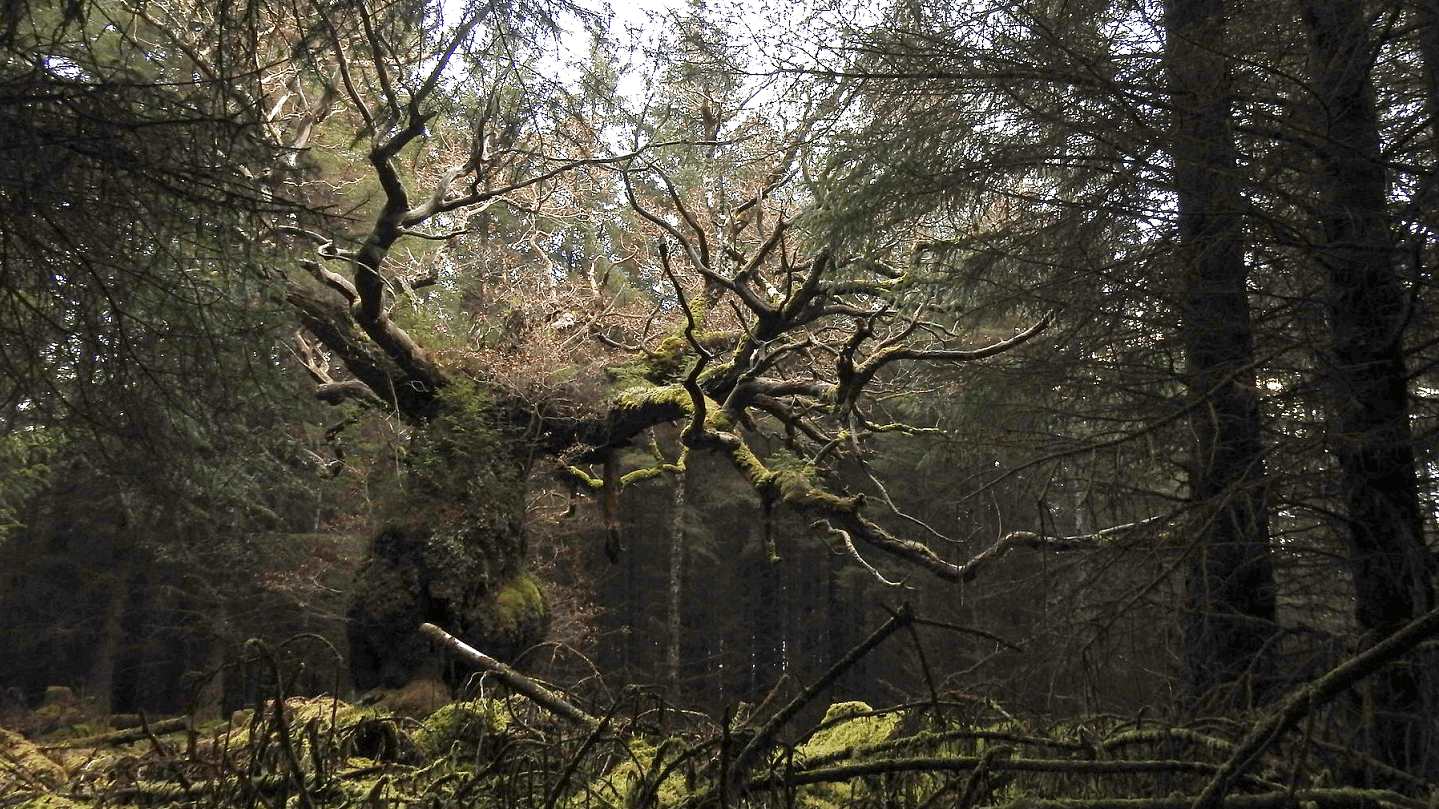
What should I look into next?
Earlier this year I published Beyond the Promise, a report exploring why digital projects fail in the cultural sector, based on real-world data, stories, and sector input.
It seemed to strike a chord. One of the strongest messages to emerge was that lots of digital work in the sector happens under pressure, with too little time, too few resources, and not enough space to reflect.
In 2026 (and I hope at the start of every year beyond that) I want to build on that and will dig into another topic, and I’d love to hear what you think the next research focus should be.
Vote here. Just a couple of clicks (should maybe take...15 seconds max). Pick the theme you think most needs attention, where better understanding could help the sector work more effectively with digital.
Life Without Screens: This Camp Is a Teen’s Worst Nightmare
An illuminating/horrifying piece in Wired about the challenges of running a digital detox camp for teens.
"Our camp is about 70 percent boys, 30 percent girls, from ages 13 to 17. Most of the boys are gamers. Most of the girls are addicted to social media—influencer wannabes. None of them want to be there. One kid ran away, and he actually made it down to the freeway, which was very unusual because we’re not close to the freeway. He was picked up by the local highway patrol and brought back. He then went on a hunger strike for three days, and we actually ended up sending him to the hospital because he needed to eat. And then his mom did come and pick him up."
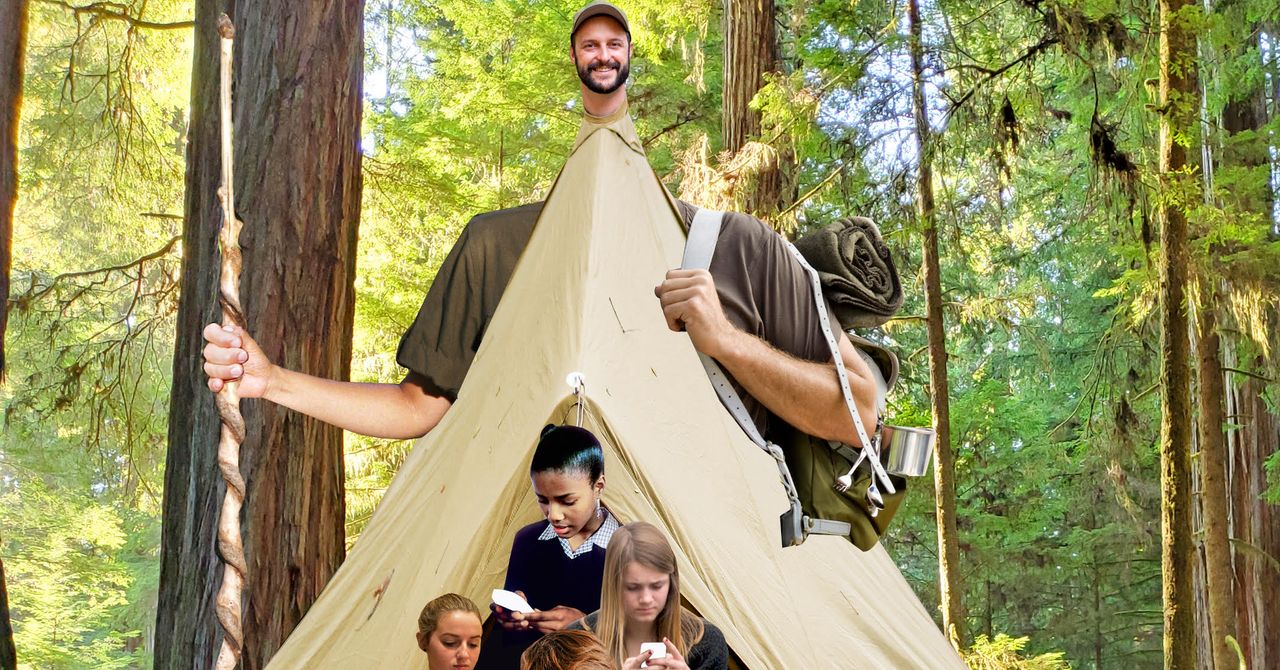
How to be open while you test and learn
A good piece from Giles Turnbull on the tension between being comfortable with failure whilst also working in the open. His focus is mostly on the work of digital teams in government, but his recommendations are applicable regardless of context.
"On one hand, we’re telling teams and organisations to undertake ways of working that we know will result in (small, fixable) failures. And on the other hand, we’re encouraging everyone involved to share those failures, ideally in public - an act that few individuals or institutions feel comfortable with. In fact, most actively push back against it. I’ve seen that happen, a few times.
What can we do to reduce this tension?
I’ve got 4 ideas"
Spoiler (if you don't have the time or inclination to read the whole piece), his 4 ideas are:
- Openness needs vocal, senior support
- Focus less on what went wrong, and more on what got learned
- Focus less on tech and product, more on teams and people
- Make sure that openness always comes with context
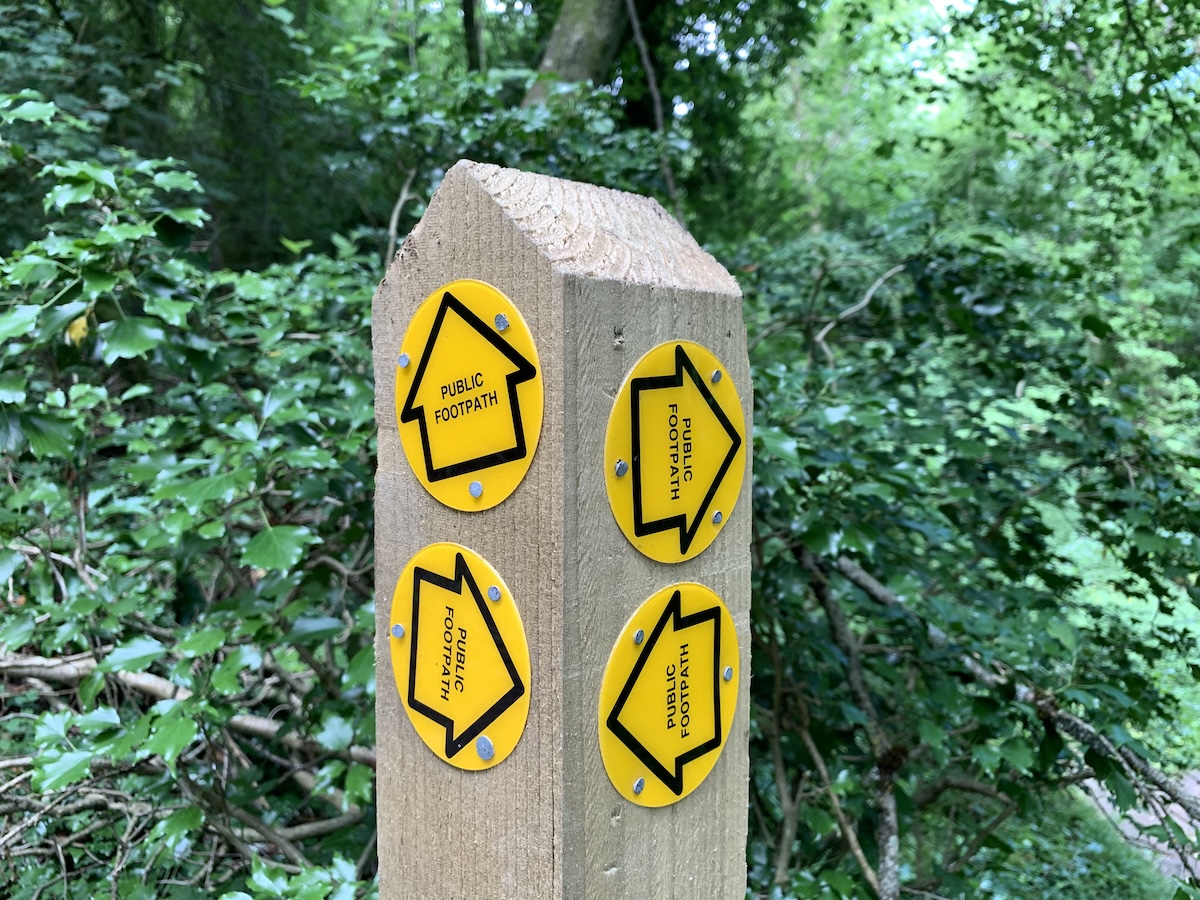
Ideas are cheap
And in a similar vein, there was lots I was nodding along with whilst reading this great piece from the always insightful Margaret Heffernan.
"Ideas are the single cheapest part of innovation. That means they’re easy to kill early, saving money, time and attention. But I’m struck by how hard individuals and organizations find it to eliminate new initiatives. Time, money, meetings, are exhausting, exhaustive and expensive and I’ve seen ideas stagger on not because anyone loves them but because nobody wants to say no.
Those new to entrepreneurship can be very protective and precious about their ideas. Frequently fearful of sharing them, they may invest months of work before getting the instantaneous feedback they might have got early for free. And they almost never take the imaginative step, asking: if it did work, is this what I want to be doing with my life? Does the world need my idea?"

The Unexpected Value of Boredom for Well-Being and Creativity
I was talking to someone last week about the value of being bored, and then I came across this piece on that very subject.
"In his book The Inner World of Daydreaming, psychologist Jerome L. Singer identifies a form of mind-wandering he calls positive-constructive daydreaming. It is a playful form of mental idleness that engages your imagination to explore possibilities for the future.
You’ve probably experienced it during moments of boredom when you begin envisioning plans for a backyard remodel project or entertain fantasies of uprooting yourself from your current job to pursue a dream position.
Innovators in times of crisis and adversity actually grant themselves space to be bored and daydream deliberately. This kind of daydreaming can lead to positive mental feelings of hope, renewal, and forward motion, but it requires boredom and space."
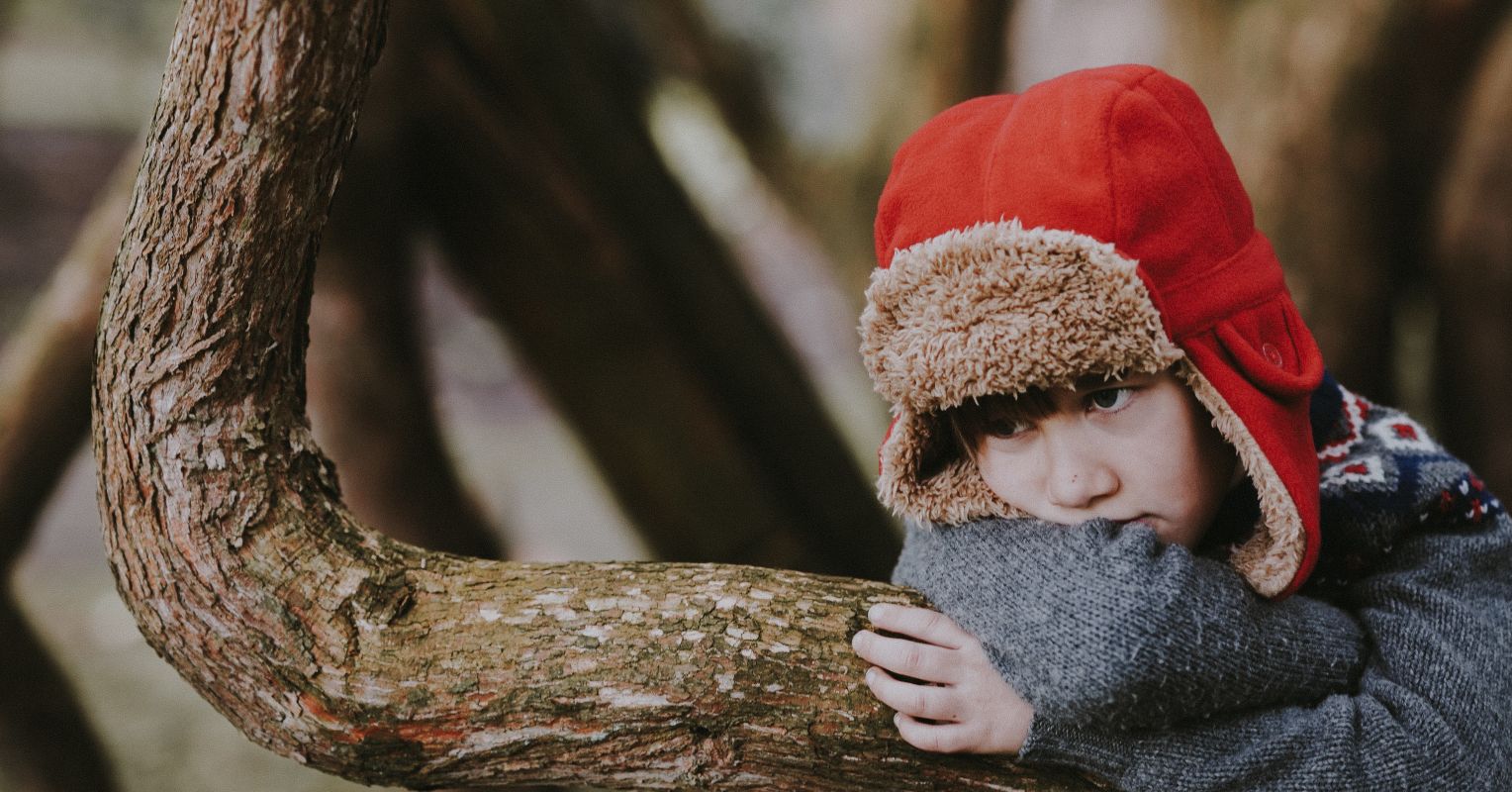
Introducing Clio 1.0 London Museum's Conversational Search: The Journey
London Museum's Trish Thomas on the new AI-driven conversational search feature they've introduced on their site.
"...late in 2024 we began an experiment to deliver Clio 1.0, a Conversational Search function on the website. Why? I hear you ask. Because our ambition is to make our collections and stories as accessible as they can be to people everywhere. In particular we want to break down the barriers to exploration and engagement for non-specialists and people who might think museums are not for them."
Danny Birchall asked "is it useful, or just a fun thing to play with?" - what do you think?
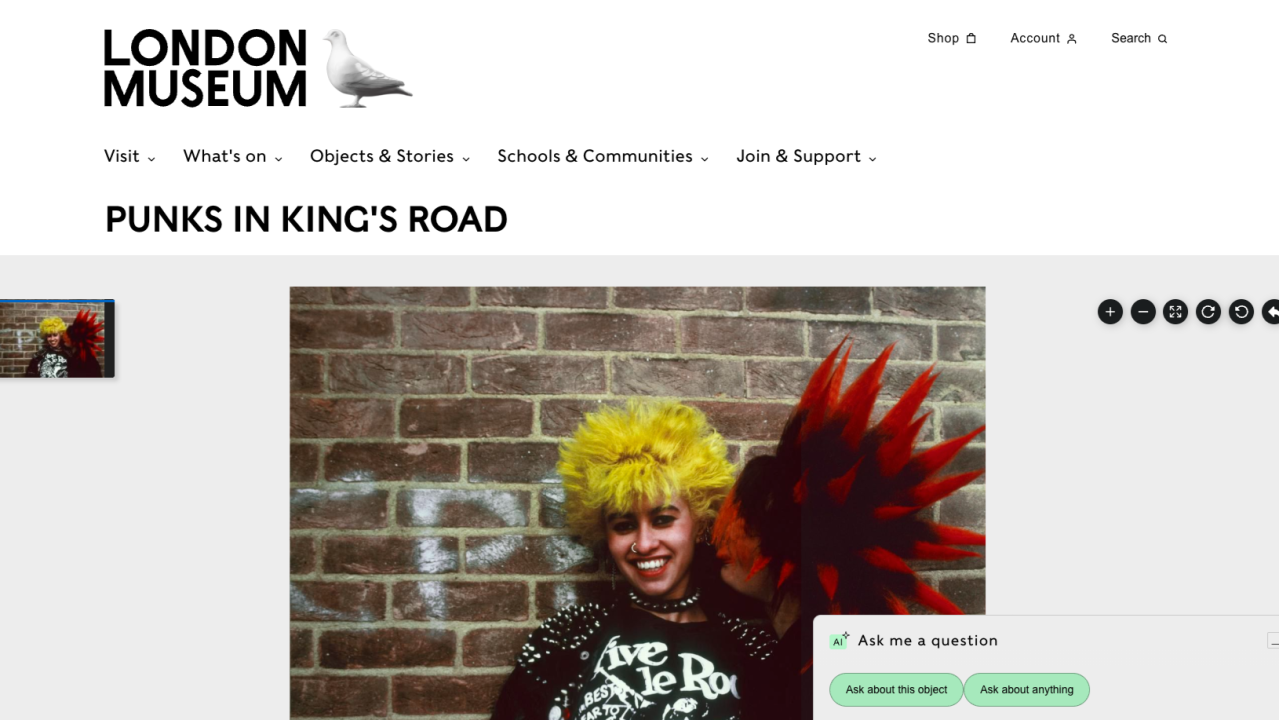
Microsoft servers hacked by Chinese groups, says tech giant and Hacker Plants Computer 'Wiping' Commands in Amazon's AI Coding Agent
Two cyber stories
"Chinese "threat actors" have hacked some Microsoft SharePoint servers and targeted the data of the businesses using them, the firm has said.
China state-backed Linen Typhoon and Violet Typhoon as well as China-based Storm-2603 were said to have "exploited vulnerabilities" in on-premises SharePoint servers, the kind used by firms, but not in its cloud-based service.
The US tech giant has released security updates in response and has advised all on-premises SharePoint server customers to install them."
and over at Amazon...
"A hacker compromised a version of Amazon’s popular AI coding assistant ‘Q’, added commands that told the software to wipe users’ computers, and then Amazon included the unauthorized update in a public release of the assistant this month, 404 Media has learned."
The agentic web is going to be fun....

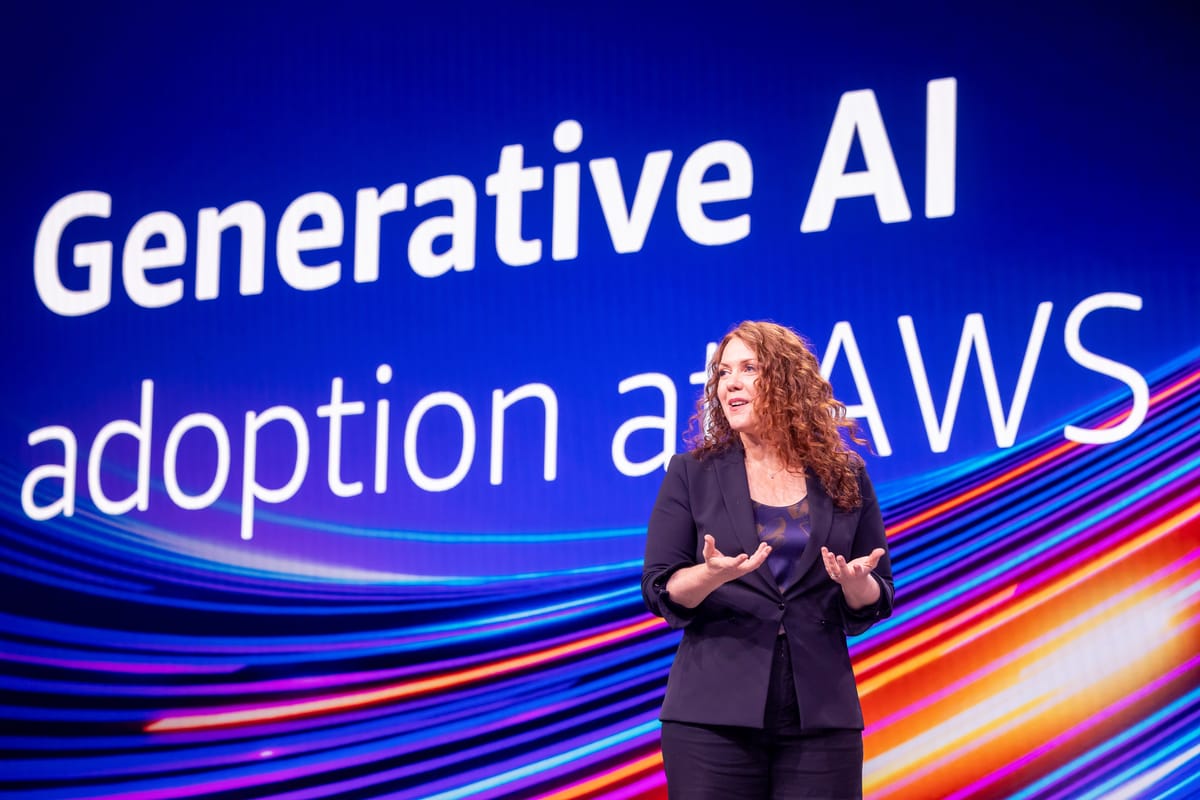
True cyber resilience comes from culture
And on cyber security - a relevant blog from the BFI's Head of Cyber Security, Jia Fu.
"I do not believe cyber resilience is just about a centrally-looked-after monitoring mechanism, or AI-empowered incident response, or a well-rehearsed crisis management simulation in which executives practise making those fundamental reputational decisions, and so on.
All those things matter deeply, of course, which reflects the fundamental complexity, volatility and multi-faceted nature of cyber security. However, above all this, a lasting theme throughout is people.
I passionately believe true resilience comes from a culture where people hold together."
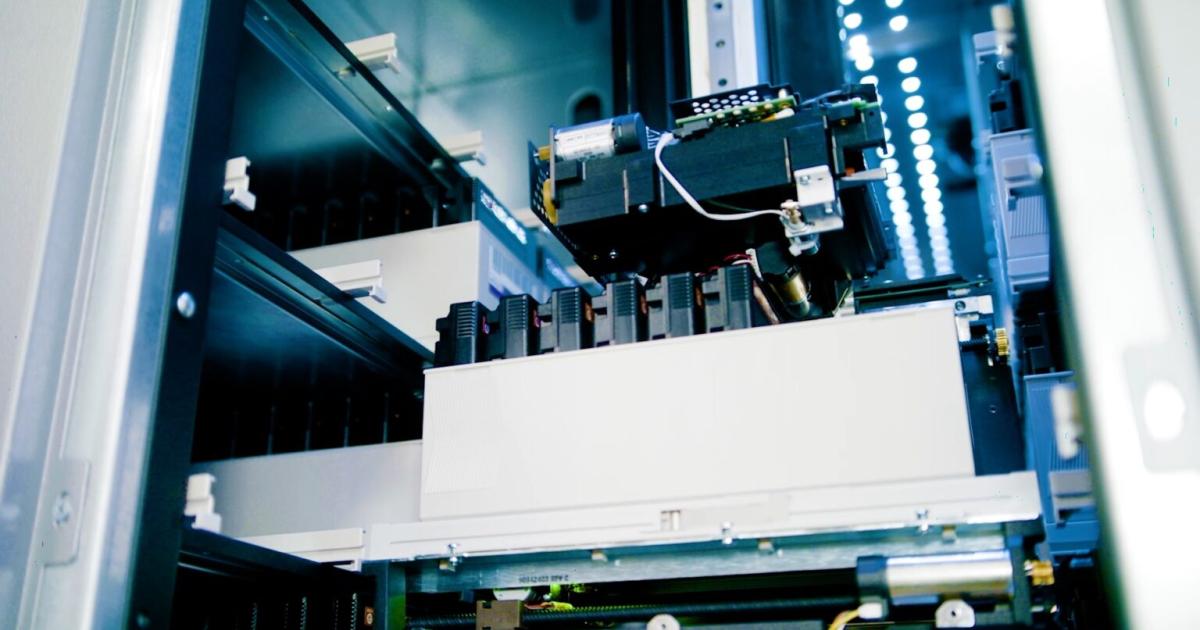
A new, heritage-specific, AI-powered marketing platform
"Currently named, ‘Goose’, the platform will provide heritage organisations of all sizes with an AI-powered 24/7 mentor, coach, and virtual colleague to address a critical marketing skills gap in the sector. [...]
Unlike generic AI tools, Goose will be built from the ground up for heritage professionals and volunteers. It will learn from each user’s experience to build a platform which is shaped by the collective knowledge of the heritage workforce. This co-creation element will ensure Goose provides tailored and trusted support that evolves with the sector’s needs. This includes providing support to grassroots organisations that often lack dedicated marketing resources and knowledge."
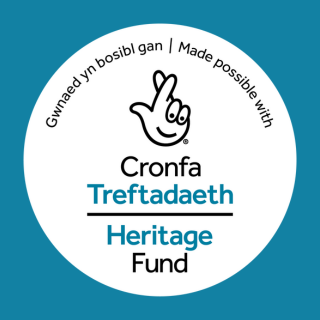
The Lovelace Report
A report looking at why women aren't progressing or staying in the UK tech sector.
"The findings of the Lovelace Report reveal that the tech industry is losing between £2 and £3.5 billion every year due to a broken career framework—one that is driving talent out of the sector, with women disproportionately affected.
This ongoing talent drain couldn’t come at a worse time. The government has made bold commitments to becoming a global leader in artificial intelligence (AI) and digital technology, including goals to scale the national AI workforce and increase AI research capacity twentyfold by 2030. Yet the sector is already short 98,000 to 120,000 professionals and will need to double or even triple capacity to meet future demand across AI, cybersecurity, and digital infrastructure."
The campaign to make it illegal for ChatGPT to criticize Trump
News from America, Casey Newton reports on Republican attempts to censor AI products.
"Today, let’s talk about a prediction that came true.
In December, as we looked ahead to the first year of the new Trump Administration, I forecast a new wave of political pressure on AI companies. “The first Trump presidency was defined by near-daily tantrums from conservatives alleging bias in social networks, culminating in a series of profoundly stupid hearings and no new laws,” I wrote. “Look for these tantrums (and hearings) to return next year, as Republicans in Congress begin to scrutinize the center-left values of the leading chatbots and demand ‘neutrality’ in artificial intelligence.”
Sure enough, in March, Rep. Jim Jordan subpoenaed 16 tech companies in an effort to discover whether the Biden Administration had pressured them to “censor lawful speech” in their AI products. The move is part of Jordan’s larger effort to prosecute claims that tech platforms disadvantage right-wing values in favor of more liberal ones."
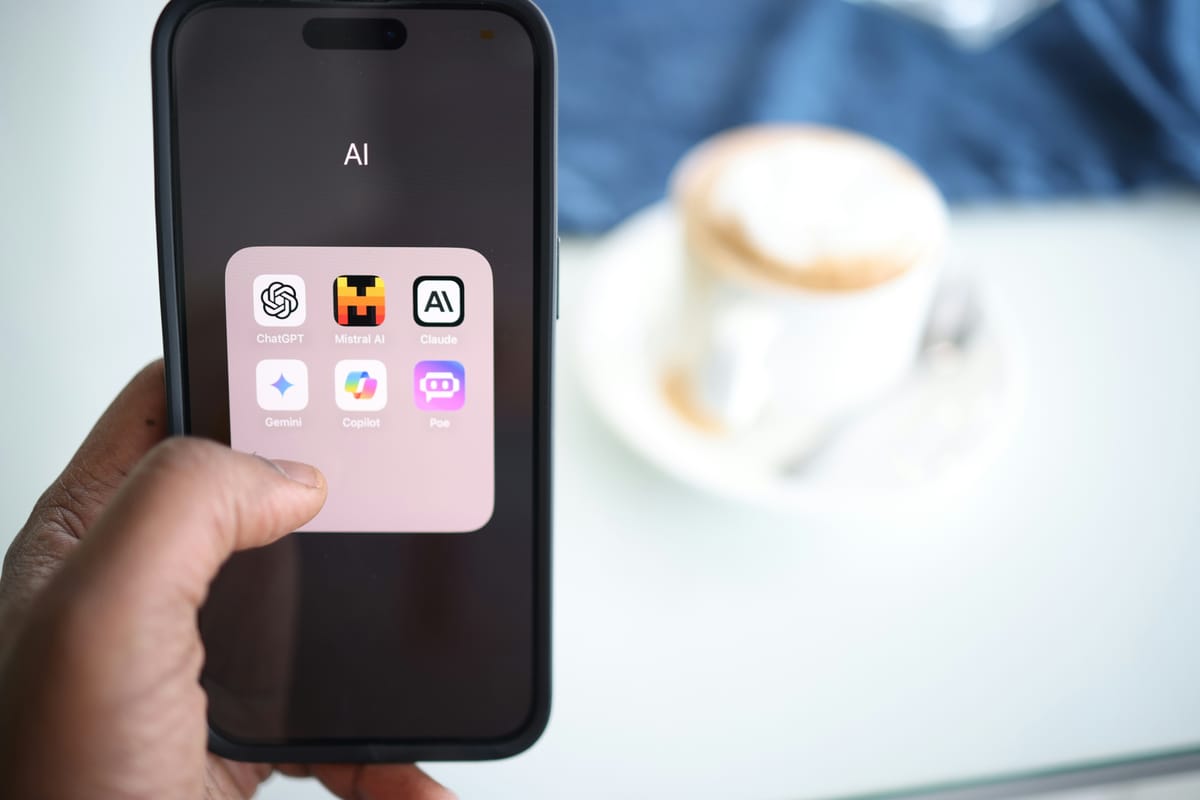
Start, suck, stick at it…. swimming into the unknown (unknowns)
A great piece from Tash Willcocks on confronting your unknown unknowns, and the discomfort of learning (or re-learning).
Tash first told me the story of her re-learning to swim when we were prepping for our podcast chat, as ever with Tash's stories there's a good dollop of humour, a load of useful references, and some valuable lessons.
"I told my coach I wanted to “relearn crawl.” He asked me to show him some crawl action (Obvs not those words) and said, with admirable diplomacy, that I didn’t need to relearn it because what I was doing wasn’t quite crawl, more of a flappy, panicked sprawl.
And soooo began the journey into the painful realm of the “unknown knowns.” This is the stage where you know and are aware, but do not understand fully, or talk about, in my case it was not breathing, I simply held my breath, I just simply did not aknowledge it, I knew but still can’t quite fix it. My coach surfaced it, we finally talked about the elephant that was drowning me, I got tips, I would start, suck, fail, wail, start again, suck a bit more, try again. It’s maddening, I’d get cross with myself, cross at him, not really at him, but at the sheer indignity of having to unlearn and rewire something I thought I was already good at. It reminded me a lot of Susan Wheelan’s Stage 2 of team development, where people (and systems) wrestle with discomfort, with testing, with figuring out their place. Everyone’s a bit defensive and sweaty. That was me I just happened to be wearing a swim cap and noseclip."
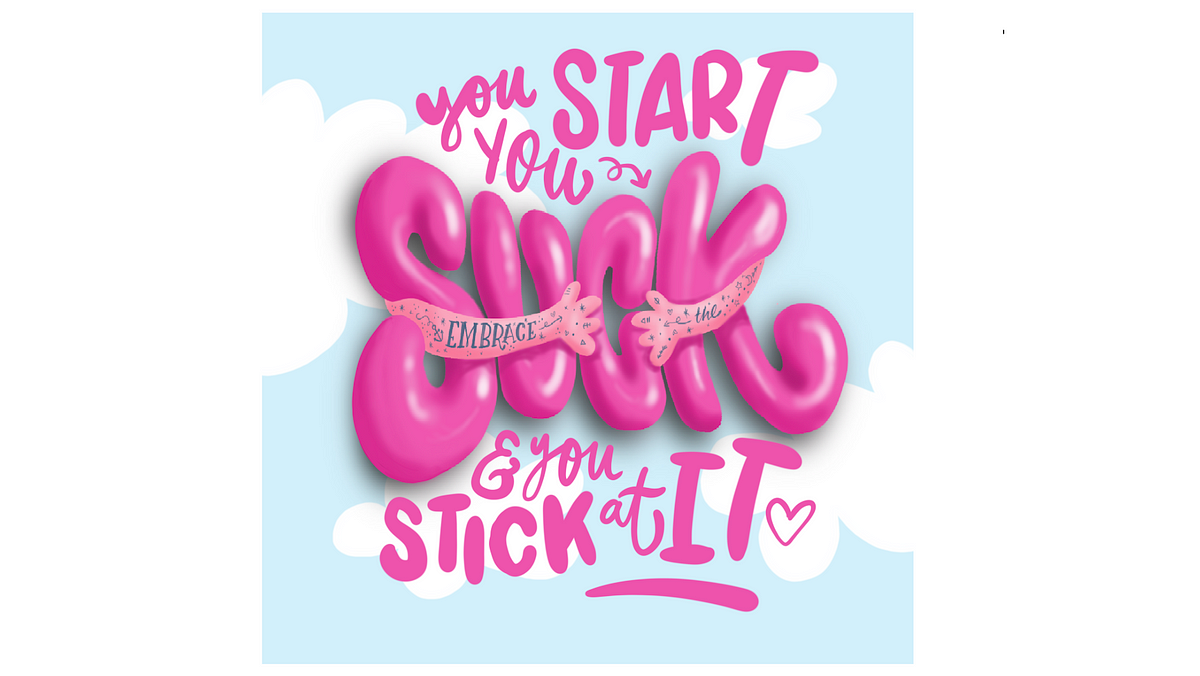
1970s chocolate bar wrappers
Glorious.

On-bike navigation
This looks like a cool little gadget for any cyclists out there.
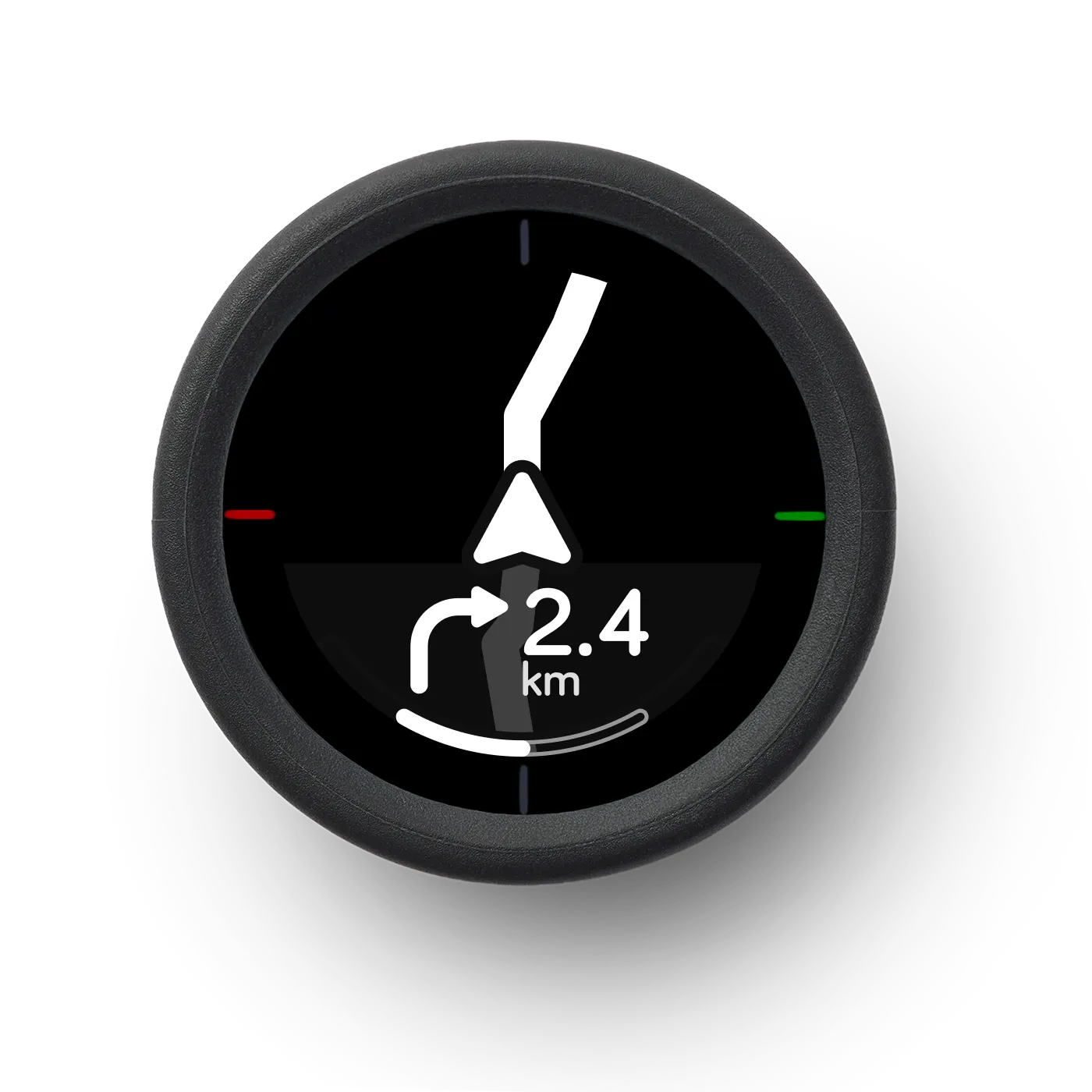
Last week's best things
The 3 most-clicked links from last week's issue were:
- Neil Williams on the Digital Works Podcast
- A piece on the wonderful Helsinki central library
- Elena Vasileva on "Narrative as a tool for transformation"
This week's consumption
Last week I was in London for a couple of days so I went to see Stereophonic, it was...fine. It was way too long (although this is my review of 90% of plays / films / books / everything), but the music was very good (here's a Tiny Desk Concert with the original Broadway cast). Maybe I just caught a bad night because the reviews had been very enthusiastic.
I also went to see The Ballad of Wallis Island which was GREAT, I loved it so much.
I finished The Rachel Incident by Caroline O'Donoghue which was funny and charming, and I also finished Big Swiss by Jen Beagin which was great for the first third then petered out towards the end. I'm re-reading Today We Die A Little by Richard Askwith (about Emil Zátopek), and about to start Martyr! by Kaveh Akbar. I also bought way too many books in Stanfords and Foyles and we're now starting to run out of space in our flat for all the books I keep buying...
I listened to a lot of records on Wednesday, including Thin Lizzy's excellent Live and Dangerous (which I listened to about 3 times on loop), Phil Lynott was cool.
We discovered these excellent alcohol-free cocktails from Danish brand, Ish, they are very tasty.
See you next week
Thanks for reading all the way to the end, please enjoy this site that tells you how far through your work week you are (nearly at the end I hope).
To finish, a quick reminder that I'm a consultant who helps cultural organisations do better digital work. Here are some workshops I offer.
I'm also currently working with organisations on things involving:
- user research to inform digital investment priorities,
- technical strategy,
- leadership development,
- 'critical friend' advice,
- project governance,
- digital strategy,
- and digital readiness.
If it sounds like I could be useful, then let's chat.





